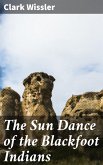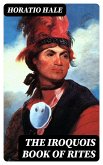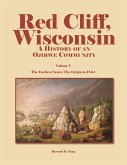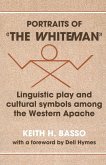In "The Social Life of the Blackfoot Indians," Clark Wissler offers an in-depth ethnographic study that examines the intricate social structures and cultural practices of the Blackfoot people. Employing an observational and descriptive literary style, Wissler meticulously documents the customs, rituals, and community interactions that define Blackfoot identity. His work is framed within the broader context of early 20th-century anthropology, showcasing the transition from mere observation to a more nuanced understanding of indigenous lived experiences, challenging prevailing stereotypes of Native American cultures with rich, detailed narratives that reveal a complex societal web. Clark Wissler was a prominent anthropologist associated with the American Museum of Natural History, dedicated to understanding indigenous cultures through immersive fieldwork. His approach, rooted in both a professional curiosity and cultural respect, reflects his extensive training and experiences among various Native tribes, particularly in the Great Plains region. Wissler's commitment to preserving indigenous narratives was fueled by both academic and personal motivations to counteract the colonial narrative prevalent in his time. This book is highly recommended for scholars, students, and anyone interested in Native American studies or anthropology. Wissler's work not only captures the essence of Blackfoot social life but also serves as a critical resource for understanding the broader implications of cultural preservation in the face of change.
Dieser Download kann aus rechtlichen Gründen nur mit Rechnungsadresse in A, B, BG, CY, CZ, D, DK, EW, FIN, F, GR, H, IRL, I, LT, L, LR, M, NL, PL, P, R, S, SLO, SK ausgeliefert werden.









